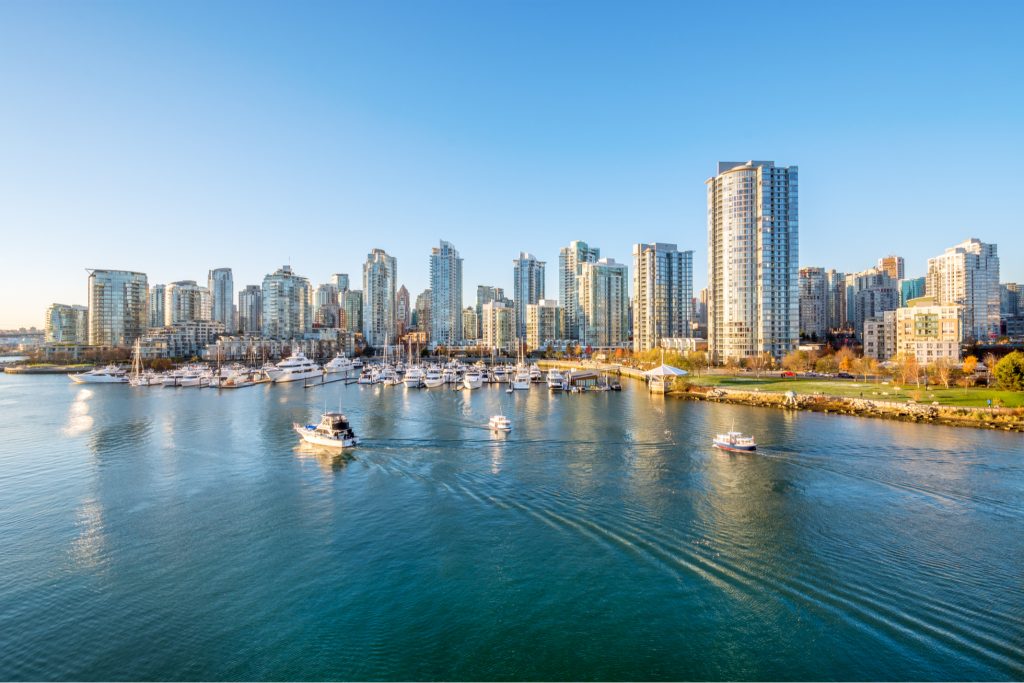The City of Vancouver’s short term rental (STR) regulations help protect long-term rental housing while allowing residents to earn additional income. All STR operators in Vancouver must obtain a Business License and include their license number in all online advertisements and listings. The following is a complete guideline for Vancouver’s short term rental regulations so that anyone can be a responsible host when using platforms like Airbnb, VRBO, and other similar services. This rundown should give you a good start in understanding your local laws.
Short Term Rental By-Law
Vancouver defines short term rentals as rentals of 30 days or less. As of April 19, 2018, hosts can only operate a short term rental in the City if they meet the following criteria:
- Hosts can only operate an STR in their principal residence, where they live most of the year. It should be the residential address they use for bills, taxes, insurance etc.
- The STR should be a legal dwelling unit, a home with an address that complies with all applicable regulations, including building code and fire safety).
- Hosts must obtain a Business License to operate a short term rental.
- Tenants must acquire their landlord’s permission to sublet their homes as short term rentals.
- If hosts are in strata, their strata by-laws must support short term rentals in their building.
Short Term Rental Business License
Individuals who meet the by-law standards for operating an STR and wish to begin hosting must apply for a Short Term Rental Business License through the City’s website. To obtain an STR Business License, hosts must ensure they meet the following safety requirements:
- Make sure their house is a legal dwelling unit.
- Provide contact information that is available 24/7.
- Display a fire plan at all entrances and exits.
- Install interconnected smoke alarms on each floor and in each bedroom.
- On each floor, have a fire extinguisher that is operational and easily accessible.
- If there are gas appliances, install carbon monoxide detectors on each floor.
- The building should have a fire alarm if it has more than three residential units or ten occupants.
- Inspect, test, and keep records for smoke alarms, carbon monoxide detectors, and fire extinguishers annually.
- Go through your insurance plans to ensure that any damages or losses incurred from operating the STR are covered.
The application charge for a new Short Term Rental Business License in Vancouver is $58, with an annual fee of $51 that expires on December 31st of each year. The fee is prorated in the first year, depending on when the business is started. Short Term Rental Business Licenses can only be granted to individuals, not businesses, societies, or commercial enterprises. Tenants will need permission from their landlords or proof that they follow the strata’s by-laws before applying for a license.
Penalties
Short term rental operators can be fined by the City of Vancouver for the following reasons:
- Operating a short term rental without a valid STR Business License.
- Advertising or listing a short term rental without displaying a Business License.
- Operating an STR in a property that is not the host’s principal residence.
- Running an Airbnb/Homeaway/etc. on behalf of a business.
- Hosting in a short term rental that is unsafe for guests.
First-time offenders may get a fine of up to $1000. Repeat offenders may face prosecution and fines up to $10,000.
Other Regulations
As a responsible host, you must comprehend and abide by other vacation rental rules and regulations that bind you. These include leases, community rules, HOA rules, or other guidelines set up by tenant associations. Feel free to reach out to your landlord, housing authority, or community council to find out more. To get more information about our Airbnb management Vancouver services or other regulations, visit Vancouver’s official website or contact us.
